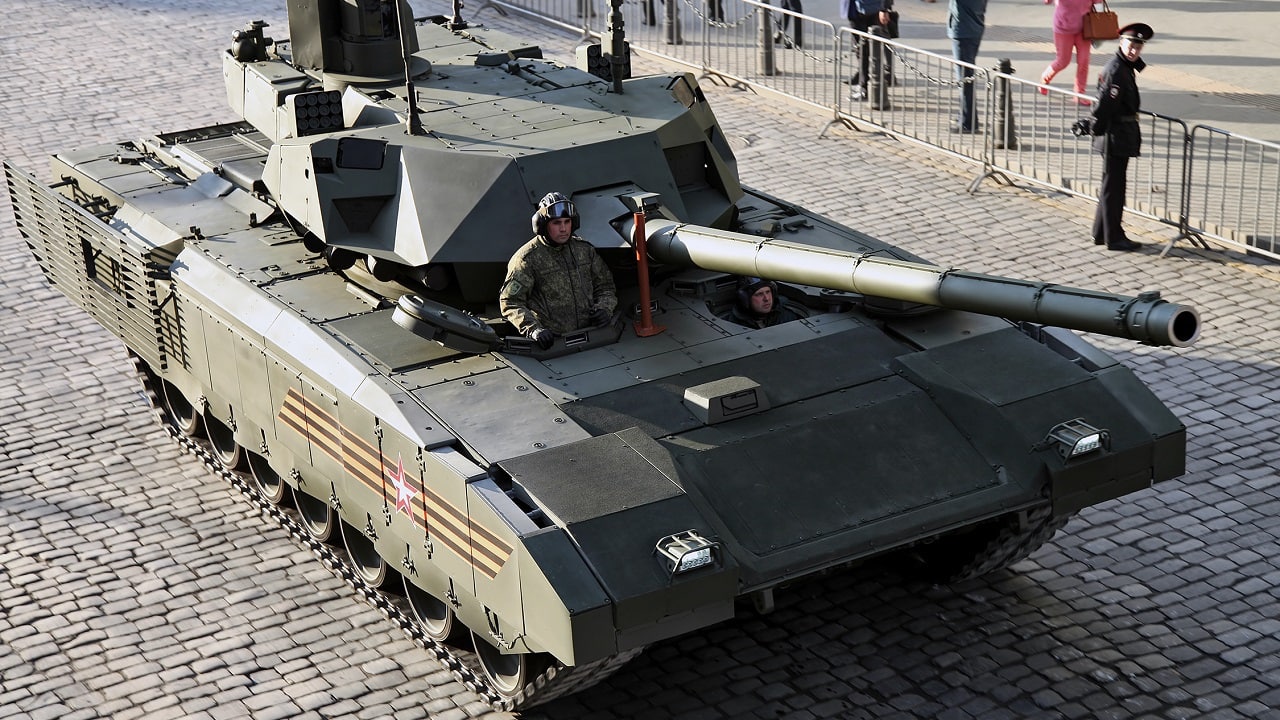The Wagner Group’s mercenary rebellion certainly stole the global spotlight this month. Russia’s romantic claim of being a Third Rome seems to have come true in a fitting but unintended manner, as footage of armed columns racing from Rostov-on-Don to Voronezh and beyond brings forth easy comparisons to the rogue military generals and rebelling armies of late Roman and Byzantine history. While the drama ended in less than two days, the shock of this turn of events will reverberate through Russian society for a long time. Whether it is an outlier event or the start of a series of internal Russian calamities will only be made clear with time.
Mercenaries as a Marker of Societal Disintegration
In periods of history where the hiring of mercenaries became common, instability in the countries that employed them often followed quickly. As an example, take medieval and renaissance Italy, where figures like John Hawkwood, an English mercenary, became emblematic of the profession. Hawkwood and his private army rampaged across the peninsula, changing loyalties in conflict as soon as one employer outbid the last. After generations of such behavior from many others like Hawkwood, an exasperated Niccolò Machiavelli would write in the pages of his most famous work, The Prince:
“I say, therefore, that the arms with which a prince defends his state are either his own, or they are mercenaries, auxiliaries, or mixed. Mercenaries and auxiliaries are useless and dangerous; and if one holds his state based on these arms, he will stand neither firm nor safe; for they are disunited, ambitious and without discipline, unfaithful, valiant before friends, cowardly before enemies; they have neither the fear of God nor fidelity to men, and destruction is deferred only so long as the attack is; for in peace one is robbed by them, and in war by the enemy. The fact is, they have no other attraction or reason for keeping the field than a trifle of stipend, which is not sufficient to make them willing to die for you. They are ready enough to be your soldiers whilst you do not make war, but if war comes they take themselves off or run from the foe; which I should have little trouble to prove, for the ruin of Italy has been caused by nothing else than by resting all her hopes for many years on mercenaries, and although they formerly made some display and appeared valiant amongst themselves, yet when the foreigners came they showed what they were.”
Post-Soviet Russian civil society operates as a kind of neofeudal structure, where powerful oligarchs backed by great fortunes and marked by divergent interests jockey for power. It was perhaps inevitable that once some of these private organizations got to wield actual hard power, carrying out military operations, their capacity to act against state interests would manifest itself. But Russia is not the only country that faces such a risk. It is the country most advanced along the path of civil society’s devolution. It is that process that leads to such outcomes.
A Wagner Group-Style Rebellion in America?
The U.S. relationship with private contractors has been growing continuously since the start of the War on Terror. The rationale behind this is the same as in Russia: These groups offer plausible deniability about specific operations, and they lower the official casualty rates suffered by military forces. Often euphemistically referred to as “contractors,” U.S. mercenaries were heavily involved in the occupation of Iraq, with the now-infamous Blackwater Worldwide most well-known for the massacre of 14 Iraqi civilians in 2007. Bad press for Blackwater may have dimmed that particular company’s reputation, but it did not stop the growth of others eager to make a profit conducting operations the U.S. army might not want to directly take on. To this day, the extent to which U.S. intelligence was involved in the farcical attempt by the private contractor Silvercorp USA to instigate a coup in Venezuela in 2020 remains unknown. The possibility that the company acted mostly on its own cannot be entirely discounted.
It is worth keeping this in mind when looking at Wagner’s revolt, which was clearly exacerbated by a poorly conducted war in a foreign country, logistical over-extension, and competition between internal power poles. The war record of U.S. forces in the 21rst Century has been one of frustration and overextension, and increasing privatization is one of its characteristics. In a hyper-partisan domestic environment, it should not be inconceivable that U.S.-based private contractors could one day disobey the federal government, or deploy their resources towards interfering outside their normal mission parameters.
Wagner’s recent revolt might not long be a risk unique to the Russian experience. Deindustrialization, and the alienation of much of the populace from direct involvement in military operations, have opened the possibility of a rogue mercenary future at home. These private entities’ ability to wield hard power needs to be taken into account when examining their potential to affect policy in the future.
Should civil society in the U.S. deteriorate to the levels currently being experienced by Russia, such Late Roman scenarios will no longer merely be a foreign spectacle.
Christopher Mott is a research fellow at the Institute for Peace and Diplomacy. He holds a Ph.D from the University of St Andrews in International Relations and is the author of the book The Formless Empire: A Short History of Diplomacy and Warfare in Central Asia.

